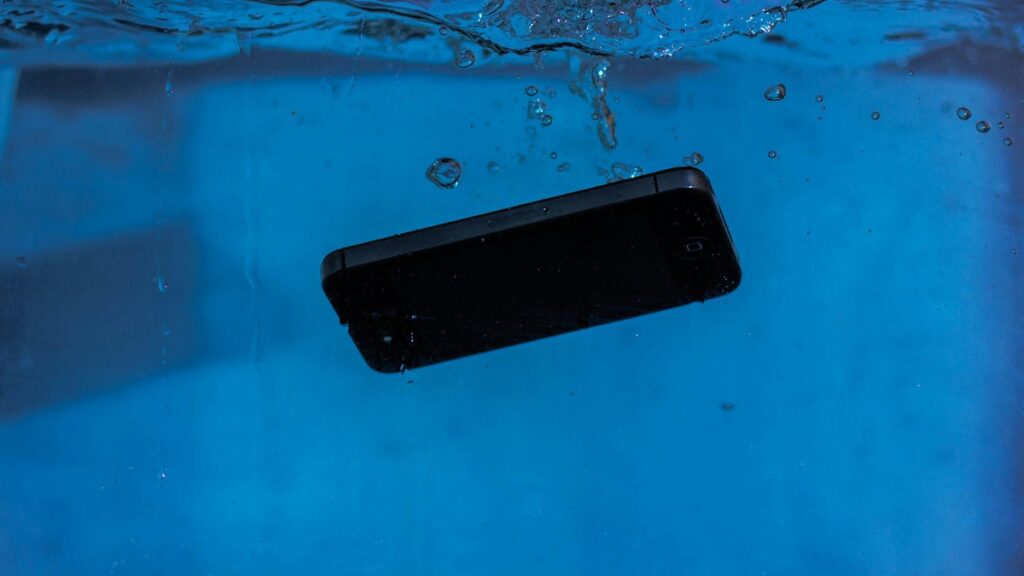Why are we talking about IP69?
As smartphones continue to evolve, durability and protection have become key selling points, especially in markets where devices are becoming increasingly expensive and essential to everyday life. Terms such as IP68 and IP67 are often found in product specifications and indicate a device’s resistance to water and dust. However, recently a new level of certification has been talked about: IP69. Manufacturers are starting to push this higher protection standard as an indicator of more rugged and durable devices. A typical example is the future OnePlus 13 is rumored to have IP69 certification.
But what exactly does IP69 mean? How does it compare to previous standards? And does it make a big difference to everyday users?
What does IP authentication mean?
Ingress Protection (IP) certification is an internationally recognized standard that measures how well a device is protected against solid (such as dust) and liquid (such as water) ingress. The IP code consists of two numbers. The first digit indicates the level of protection against solid particles, the second digit indicates liquid resistance. For example, a phone with an IP68 rating is almost completely dustproof (6) and will not be damaged by being submerged in water for an extended period of time (8). Each number in the IP code corresponds to a specific test condition. Higher numbers mean more protection, with 6 typically meaning the highest level of dust resistance and 8 meaning immersion in water of more than 1 meter.
A brief history of IP authentication
The concept of IP rating was born as a way for manufacturers to quantify and standardize the protection capabilities of electronic devices, especially industrial equipment. Over time, as electronic devices become more portable, durable IP ratings have become essential for consumer products such as smartphones, smartwatches, and even wireless earbuds. Initially, smartphones with IP67 were considered top-of-the-line in terms of durability. As technology progressed, IP68 became the industry gold standard, and the first phones to receive this certification were born. Galaxy S7, back in 2016. And for context, the first iPhone with IP68 certification was 2018 iPhone XS series in 2 years
While IP68 is sufficient for most consumer needs, IP69 was originally designed for more extreme scenarios such as heavy machinery and industrial tools that encounter high pressure water or steam.
What is IP69?
IP69 takes protection to the next level. “6” still represents the highest level of dust resistance, ensuring that no particles can enter the device. But the “9” means more than just submersion, it means protection against high-pressure, high-temperature jets. In other words, an IP69-rated device can not only withstand immersion, but also harsh conditions such as high-temperature, high-pressure water and steam spray that may be encountered in industrial cleaning environments. With upgrades beyond IP68, it’s worth noting that the average consumer may not push their device to such extreme conditions. The main advantage of IP69 is its robustness in more extreme scenarios such as construction sites, extreme sports, and environments where mobile phones may be exposed to high water pressure or aggressive cleaning methods.
Advantages and disadvantages of IP69 phones
Strong Points:
- Ultimate protection: IP69 provides the highest level of dust and water resistance currently available, making it ideal for people engaged in harsh work environments or extreme outdoor activities.
- Durability: IP69 rated devices are better equipped to deal with unforeseen incidents such as falls into water or spraying with high-pressure liquids.
- Extend device life: Devices with higher durability ratings are generally more resistant to wear and tear and may have a longer lifespan in severe use cases.
Cons:
- Higher costs: The additional engineering required to achieve an IP69 rating increases manufacturing costs and can make these devices more expensive.
- Overkill for most users: The IP69 rating is somewhat unnecessary for the average user, as most consumers will not encounter situations that require more protection than that provided by an IP68 device.
- Limited immediate application: While IP69 is useful in certain scenarios, it provides little improvement in scenarios where IP68 is already sufficient, such as accidental spills or short-term flooding.
Does IP69 really matter?
Let’s be real. Most of us don’t take our phones scuba diving or clean them with a pressure washer. So, for the average person, jumping from IP68 to IP69 may feel like upgrading from a super-tough umbrella to one that can withstand a hurricane. It’s nice to have, but you probably don’t need it. But if you’re the type of person who likes to take your phone with you on whitewater rafting trips or use it to take funny photos and videos at water parks, you might want IP69. tickle your fancy.
For those who take their cell phones to the extreme, the next cell phone is: one plus 13 A product with the rumored IP69 certification might be the perfect choice. After all, not everyone wants to drive a big, rugged phone like the Nokia XR20 or Samsung XCover 7 every day.
At the end of the day, IP69 is a nice-to-have feature, but it’s not a game-changer for most people. It’s similar to a marketing buzzword used by cell phone manufacturers to add extra brownie points to their flagship devices.


